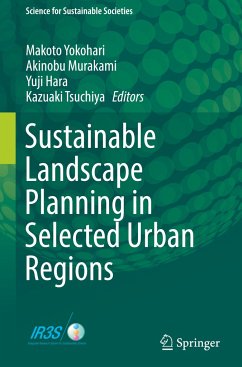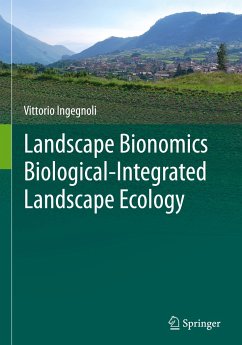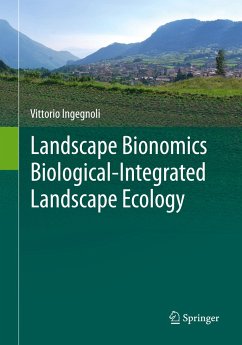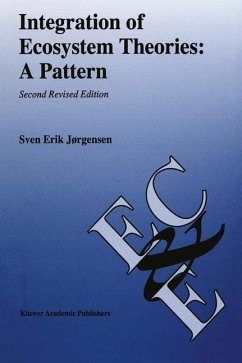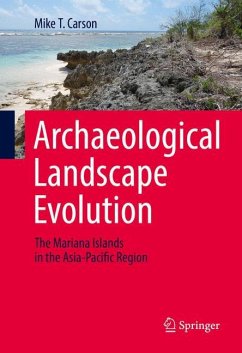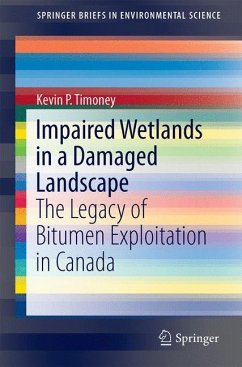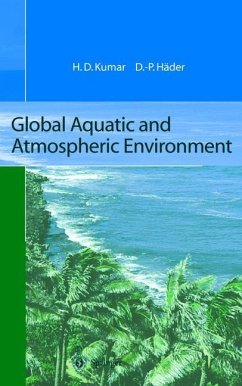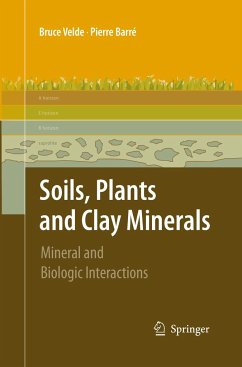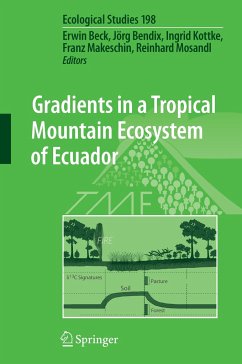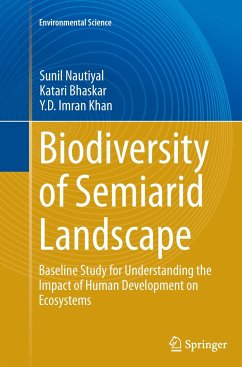
From Landscape Research to Landscape Planning
Aspects of Integration, Education and Application
Herausgegeben: Tress, Bärbel; Tres, Gunther; Fry, Gary; Opdam, Paul

PAYBACK Punkte
83 °P sammeln!
Research policy favours projects that integrate disciplinary knowledge and involve non-academic stakeholders. Consequently, integrative concepts - interdisciplinarity and transdisciplinarity - are gaining currency in landscape research and planning. Researchers are excited by the prospect of merging disciplinary and non-academic expertise to improve their understanding and performance, but often struggle with the challenges of operationalizing integration.This book provides guidelines for those coping with these challenges, whether they are members of an integrative research team or individual...
Research policy favours projects that integrate disciplinary knowledge and involve non-academic stakeholders. Consequently, integrative concepts - interdisciplinarity and transdisciplinarity - are gaining currency in landscape research and planning. Researchers are excited by the prospect of merging disciplinary and non-academic expertise to improve their understanding and performance, but often struggle with the challenges of operationalizing integration.
This book provides guidelines for those coping with these challenges, whether they are members of an integrative research team or individuals working on a problem that demands integration. They must define terminology, choose appropriate methodologies, overcome epistemological barriers and cope with the high expectations of some stakeholders while encouraging others to participate at all.
This book provides guidelines for those coping with these challenges, whether they are members of an integrative research team or individuals working on a problem that demands integration. They must define terminology, choose appropriate methodologies, overcome epistemological barriers and cope with the high expectations of some stakeholders while encouraging others to participate at all.





